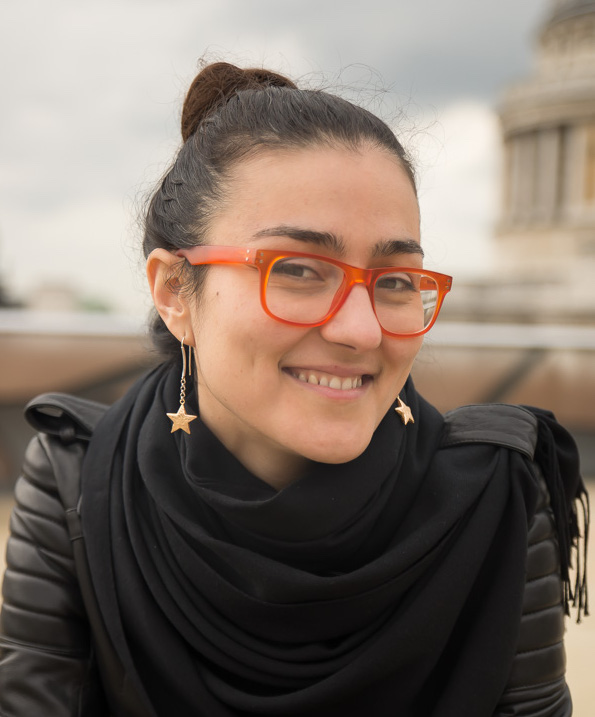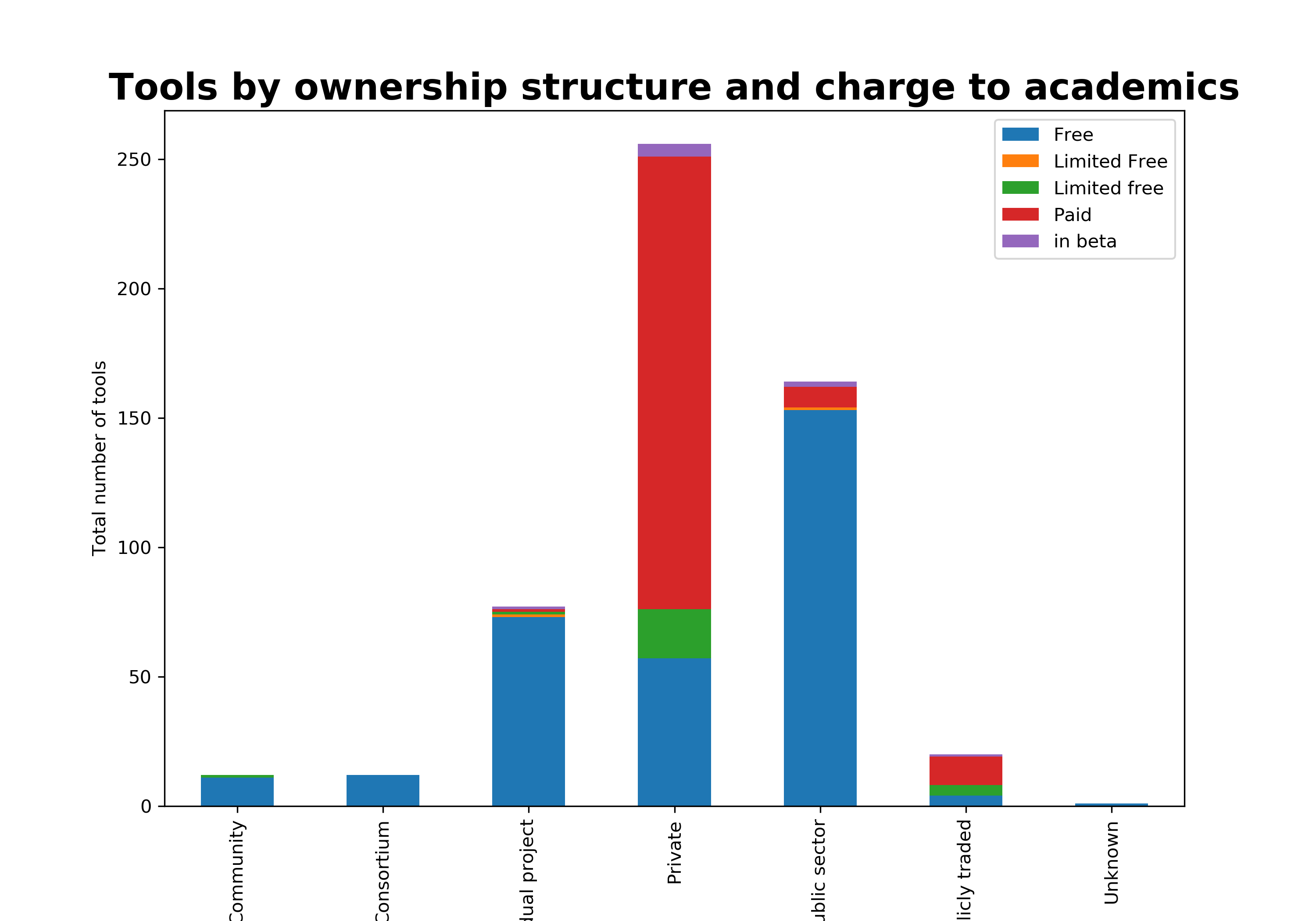Three things I learned this week: serendipity, genome data and Viagra™
It is a real pity to live in a big city and not take advantage of the long list of shows, seminars, lectures and networking events, especially when they are free and relatively easy to get to. The advantages are many: from the basics of discovering a new venue, perhaps built in a century that seems so far away, to the complexities of debate and knowledge that go beyond the sophist tabloid discourses. But most importantly, even for the more introverts among us, you make new friends.
In the past two weeks, I attended three lectures with an amasing panel of speakers, including chief scientists, nobel laureates and inventors. I was impressed by their stories and pleased at another chance to challenge my assumptions about the world.
I learned three things that I would like to share.
1. Serendipity is still at the core of scientific discovery, but its precursor is sharing.
I first learned about serendipity from my organic chemistry professor in college. I was excited, but suspicious at the idea that circumstances drove the successful synthesis of a particular form of an organic compound in his research. I truly believed that scientists followed a thorough, repetitive but logical process to prove or come up with novel theories. Creativity, time and patience would be required more than luck or circumstances, I thought.
Serendipity, it seems, is at the core of scientific discovery. Both, Nobel laureate Sir Paul Nurse — in his discussion about situations that diverge from Karl Popper’s theory, and Sir Simon Campbell — when recapping the story behind his discovery of Amlodipine and Viagra™, quote Louis Pasteur: “In the fields of observations, chance favours only the prepared mind.”
Whilst the a-ha moment is driven by serendipity, a range of events precede it. And these are all well-thought and focused tasks. Principally, the esteemed researchers emphasise the concept of sharing. “If you have an idea, share it, don’t keep it” said Sir Campbell.
2. The general population is far more open and likely to donate data and personal information for research.
There is a lot of debate around personal data, how to better ‘protect’ it from the maleficent. In a few circumstances, people’s unwillingness to share personal data is also quoted as a key reason behind the stalling of scientific progress in biomedical and translational research. Dr. Anna Middleton’s research around the impact of genomics on people actually shows that patients are incredibly altruistic and more than half of those surveyed would be happy to donate their genome data for publicly-funded research.
Even more so, people are willing to donate their DNA data for art, argued Dr. Anders Sandberg in the debate on “Who owns my genome data?” organised by the British Science Association and hosted by the Wellcome Trust. It could be argued that a work of art can’t possibly have a negative effect on our society, unlike the work of Professors Hugo Strange or the like, using data and science to destroy the world. The latter is, of course, much easier to imagine and hence fear.
The challenge, argued Sir Mark Walport, the Government Chief Scientific Advisor, is maximising the chances for this data and novel technology to do good and minimising its chances to do bad. An idea that was first introduced by the Chinese philosopher Xun Zi when deliberating about the impact of artifice on progress.
No longer should we debate the question — to share our DNA data or not. But rather, as members of this society, we should seek to be informed and then contribute to developing the rules, standards and practice that support good data management.
3. Scientific discovery is more similar to the entrepreneurial process than I had thought.
Whilst we may think that a researcher comes up with a theory and carries out an experiment to prove it right or achieve an outcome, the actual process is more messy and less linear. Much like the entrepreneurial process, scientific discovery is about trial and error, as well as myriads of tweaks and alterations to the experimental design to fit the ‘customer’ need.
In Sir Campbell’s situation, the ‘customer’ was the high blood pressure and the product ended up as Amlodipine. The ‘customer’ had a truck load of requirements. It would respond to relaxing one type of muscle and not another; it had to fit within one enzyme’s pocked and not another’s; and so on. Then came the surveys and ‘customer feedback’: if the compound synthesized (or in startup speak — the MVP) didn’t match the requirements and the ‘customer’ didn’t buy it, it had to be dropped. Just as one of the IndieGoGo founders believes that successful entrepreneurs obessess about the problem not the solution, that is exactly the story I heard from Sir Campbell on his discovery of Amlodipine.
Moreover, when Sir Campbell and his team were trying out a new ‘product’ for the same ‘customer’ — high blood pressure, they noticed a better response from another ‘customer’. And that is how Viagra™ was born. In the world of startups, this is called pivoting.
With much enthusiasm and stimulated by these three science-orientated lectures, I am now looking forward to two private viewings of Italian bronze sculpture at the Royal British Society of Sculptors (a personal invite from a new and fabulous friend) and Moldovan contemporary artists. Both this week, and both in London.
The three events I reference:
- Science, Art and Drug Discovery, by SCI.
- Future debates: who owns my genome, by British Science Association.
- Sir Paul Nurse: “How philosophy drives discovery: A scientist’s view of Popper” (Sir Karl Popper Memorial Lecture), by LSE.




